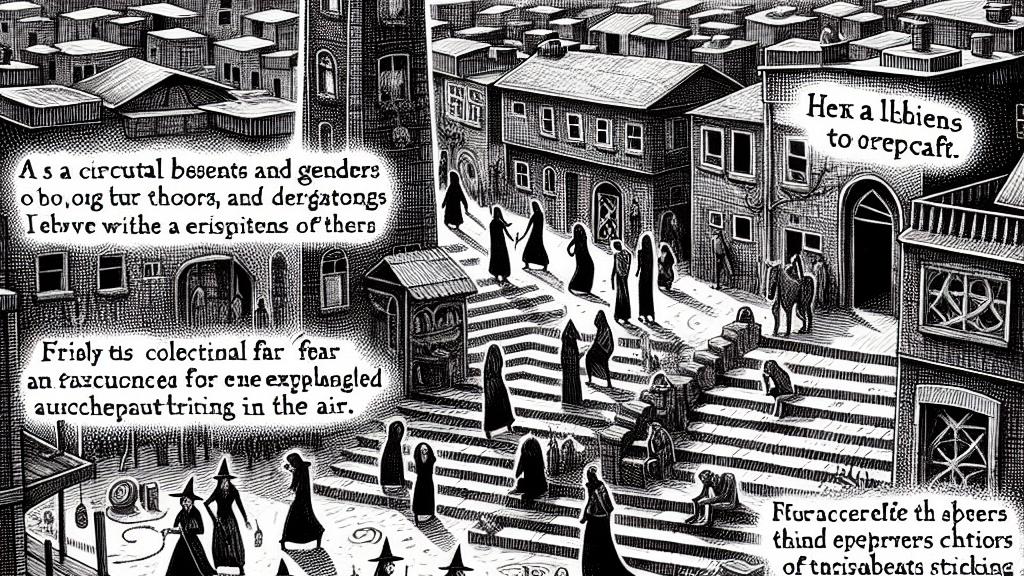The Global Phenomenon of Witch Beliefs
Overview
- Witch beliefs take myriad forms across cultures, illustrating our collective fears and curiosities.
- The characteristics and roles assigned to witches vary immensely, shaped by local traditions and historical contexts.
- Accusations of witchcraft reveal deep societal tensions, often prompting significant cultural repercussions.

Understanding the Belief in Witches
The belief in witches is a fascinating and enduring aspect of human culture that captivates the imagination. Imagine walking through bustling city streets or remote villages, where the whispers of witchcraft linger in the air. Despite living in a scientifically advanced world, many still cling to the idea of witches—beings capable of inflicting harm through mysterious, unseen forces. At its core, this belief often arises from a need to explain the unexplainable. Take, for instance, a sudden illness striking a community: who is to blame? The idea of a witch may provide a convenient scapegoat, allowing the community to channel their fears and frustrations into a tangible figure, rather than confronting the uncertainties of life head-on.
Cultural Variations of Witchcraft
Across the globe, the concept of witches is richly varied and deeply intertwined with local culture. In Europe, witches are often envisioned as sinister figures, brewing potions and casting spells under the cover of darkness—a portrayal bolstered by tales of witch hunts and trials. Contrasting this image, in the lush landscapes of Indonesia, witches may be seen as shape-shifting beings capable of manipulating life and death. Furthermore, the modern practice of Wicca elevates witches to the status of wise women, conducting rituals that honor nature and promote healing. For example, Wiccans celebrate the cycles of the moon and the earth, acknowledging the divine within themselves and the world. Such diversity in perception not only enriches our understanding of witchcraft but also emphasizes its deeply rooted connection to cultural heritage and spiritual beliefs.
Societal Implications of Witch Accusations
Accusations of witchcraft can lead to devastating societal consequences, often reflecting underlying community tensions. A prime example is the Salem Witch Trials, where fear and paranoia transformed a close-knit Puritan society into a chaotic scene of accusations and executions. Over a hundred individuals faced charges, demonstrating how quickly social order can devolve under pressure. In stark contrast, the Hopi tribe of Arizona approaches witchcraft with a distinctive viewpoint: they believe any wrongdoing is addressed in the afterlife, reflecting a more harmonious perspective on conflict resolution. This philosophy not only serves to calm societal fears but also promotes a sense of community cohesion. As such, the existence of witch beliefs highlights the intricate interplay between culture, fear, and the human experience, illustrating how societies navigate the complexities of life together.

Loading...